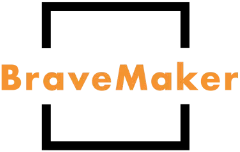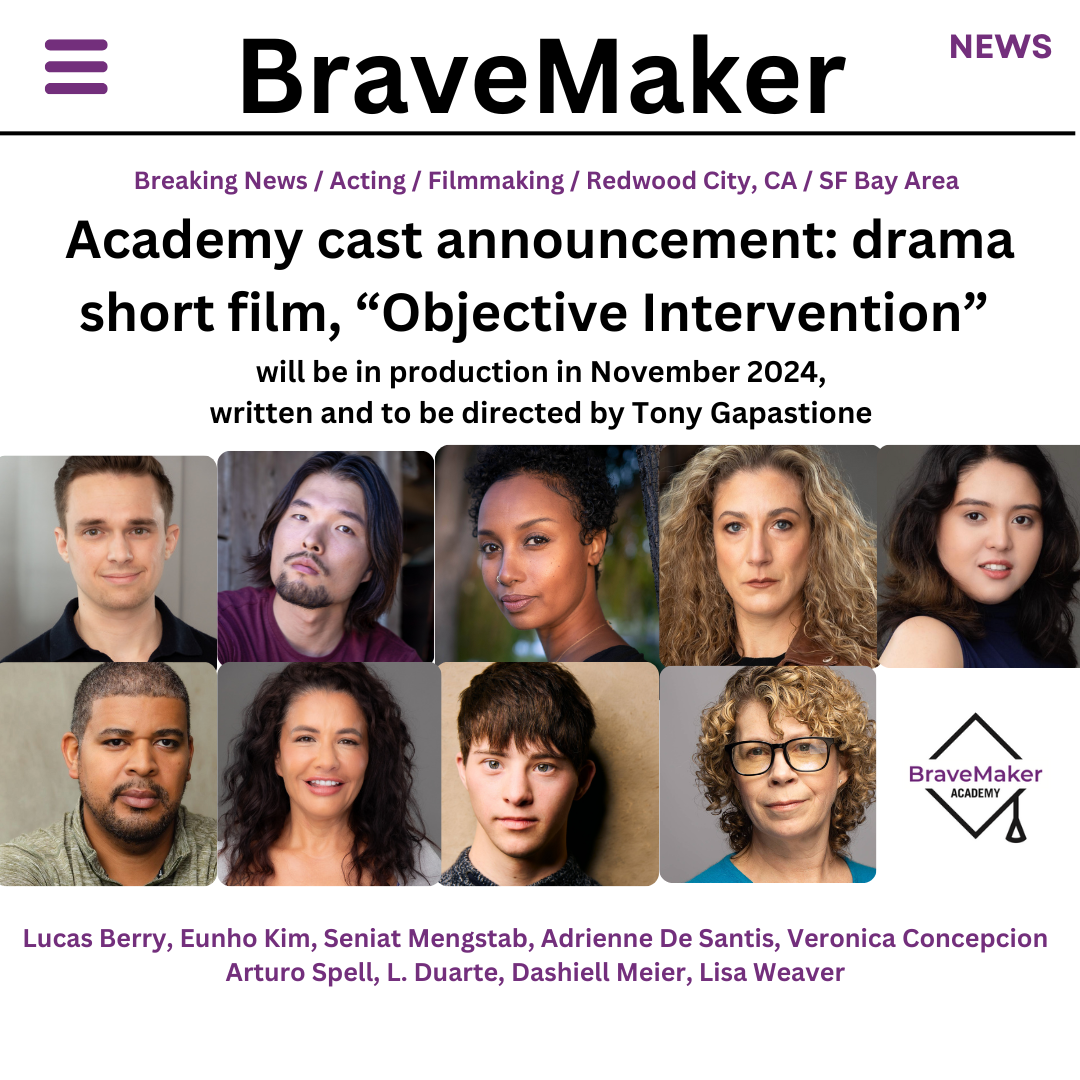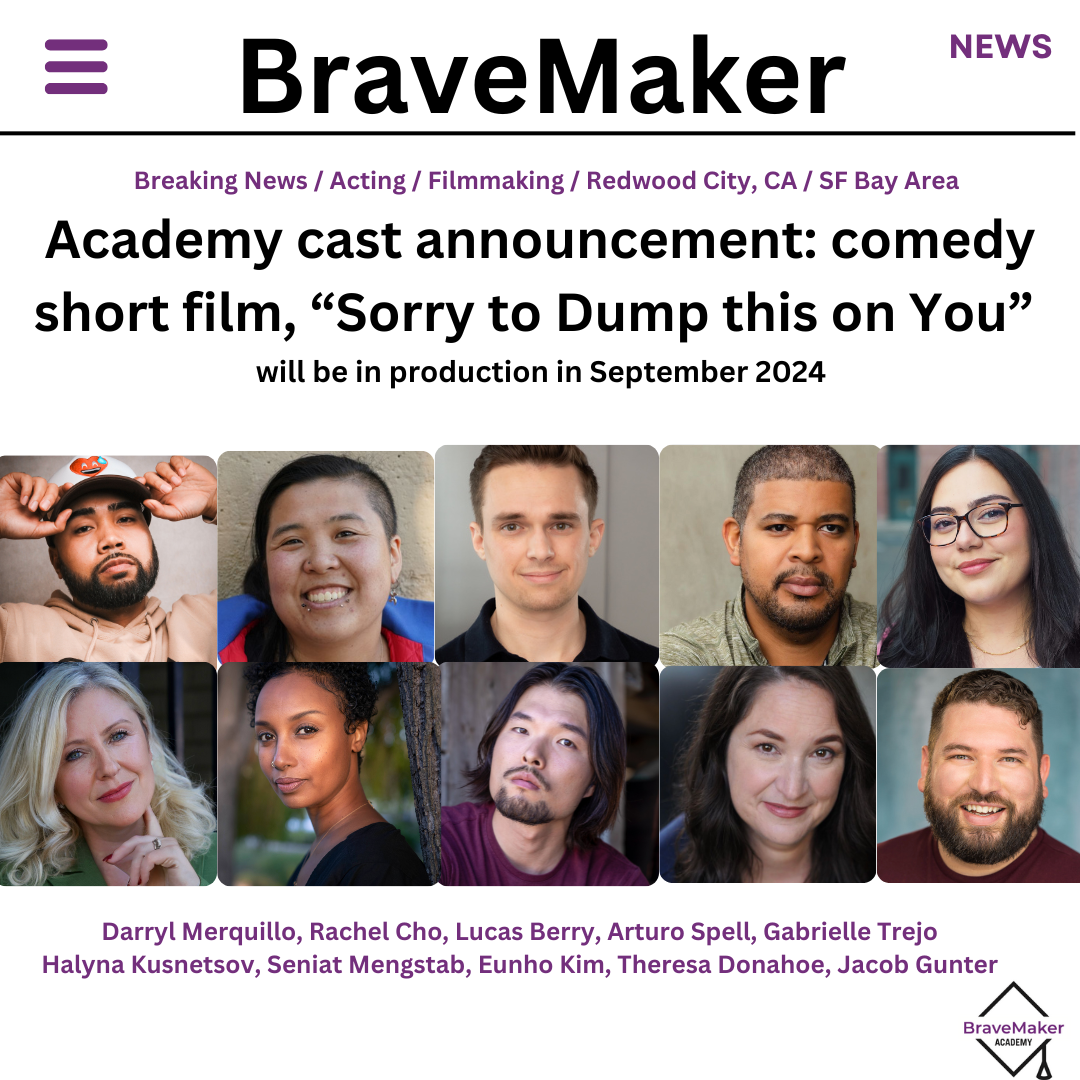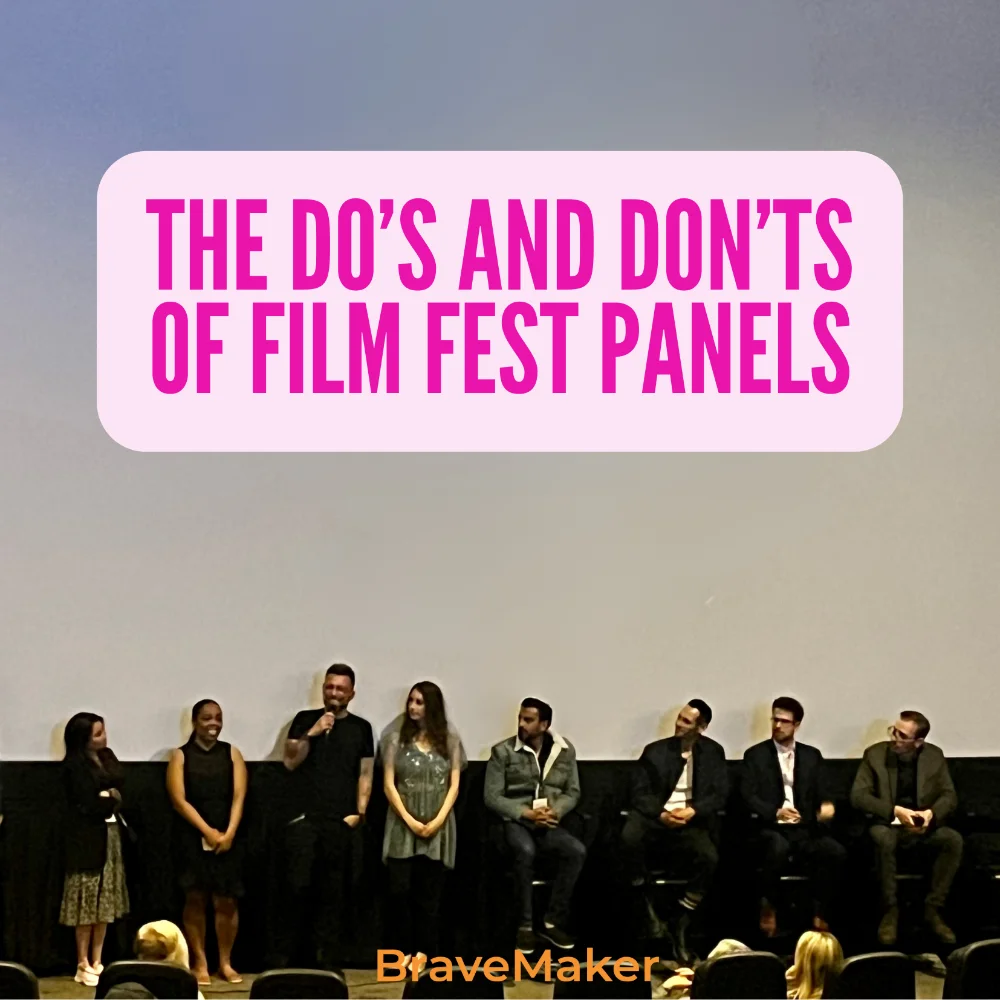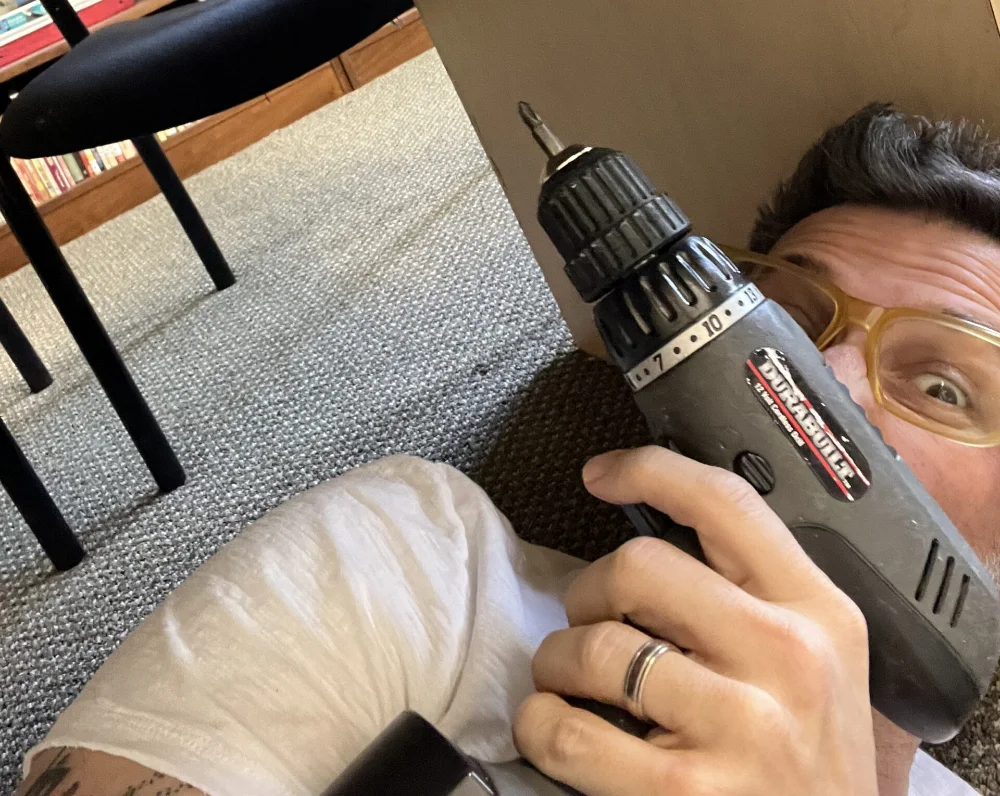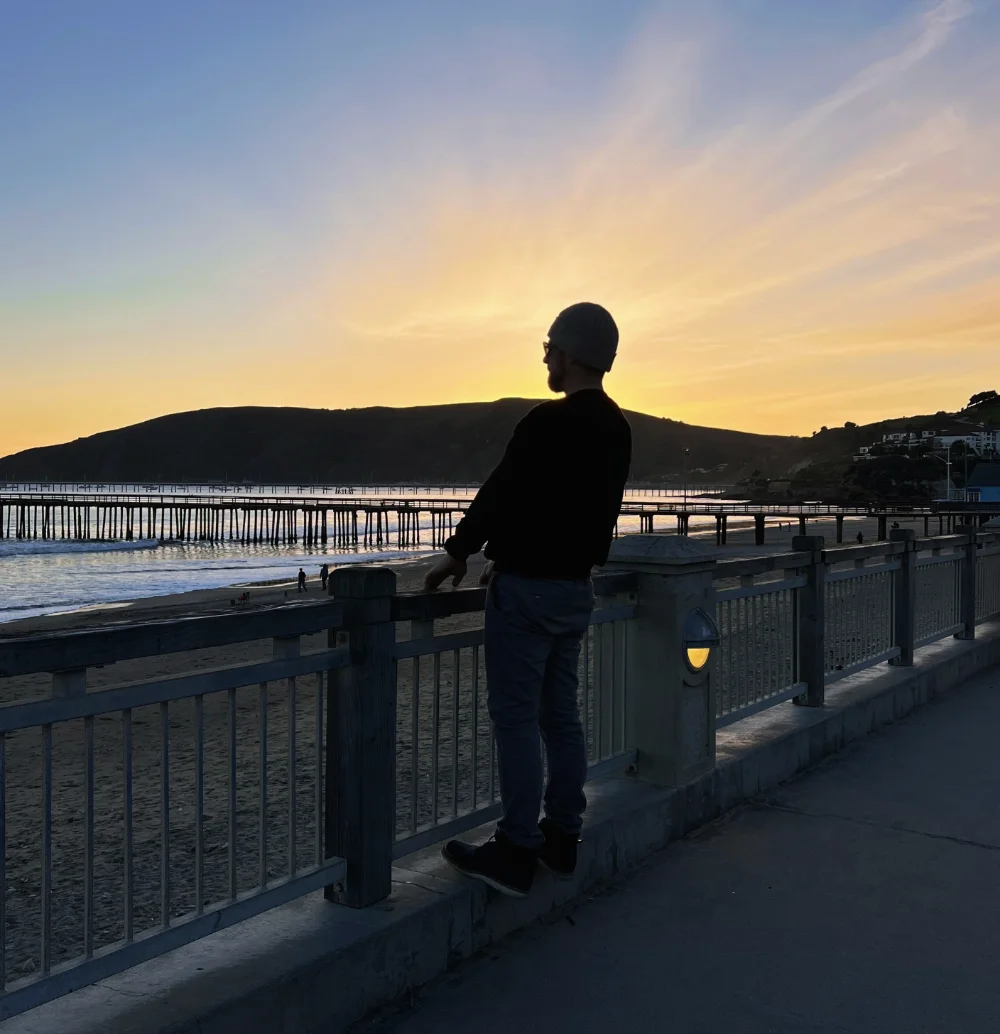I think we can all agree that people are complicated. We all come from different backgrounds, have our own experiences, and are fundamentally separate from everybody else. No one person is the exact same as anyone else, and this is what makes people interesting. The same goes for those in movies, television, books, musicals, or anywhere you encounter different kinds of characters.
To write interesting characters, they can’t be one-dimensional. The mean girl, the jock, the nerd, these titles paint these people to be one thing. If the mean girl’s only remarkable characteristic was that she’s rich, would you like to see a movie all about her? What about a mean girl who appears to have a perfect life at school, but we see a different side of her at home: an extremely anxious, insecure girl with survivor’s guilt for something that happened to her best friend three years ago? Now that’s a character that’s worth exploring. She may be perfect on the surface, but she’s fighting an internal battle, and the audience will want to know more about her.
Flaws are powerful. We all have them, and that’s not a bad thing. If we were all identical, would there be any art? Would there be any books? Would there be any movies? Likely not, because if everyone saw things in the same way, and had the same background, there’d be nothing in life worth exploring. Aren’t things such as films a tool for stepping into someone else’s shoes for a few hours?
I, like all of you, have flaws. I’m often socially awkward, I have a habit of procrastination, and I generally have poor self-esteem. These are just a few, but there are definitely more. We’re unique, complicated people, and that’s okay! Recognizing these flaws is a great way to learn more about yourself and sometimes improve upon them, and sometimes they’re just a part of you. Okay, okay, I’m not going to pretend to be a psychoanalyst. We’re talking about fictional characters here, but I wanted to illustrate how we are all characters. We’re not perfect, and that’s a wonderful thing.

Some characters in popular media, such as Michael Scott from The Office, are particularly easy to spot as complex. He loves to think of his coworkers as his family, but that’s because deep down, he’s extremely lonely. He makes jokes, often offensive ones, because he wants to fit in. He’s selfish, but he’s also capable of loving deeply. He really does care about Dunder Mifflin’s employees, he just shows it in a way that’s not always socially acceptable. He is far from perfect, but we love him anyway.
Every time you start writing something, whether a TV pilot, a film, or a book, you create protagonists that will (hopefully) change throughout the story. They will start off one way, and by the end, change. They will still be the same person, but something about them will be different from the beginning, because it has to be. There must be an arc, or else there’s no payoff for us, the audience.

Here’s another example. The character Joy in Pixar’s Inside Out begins as…well…joyful! Extremely joyful. She always looks on the bright side and always does her best to make Riley happy. However, she often overlooks the other emotions she works with, especially Sadness. It takes an emotional journey through Riley’s head for her to realize that Sadness is just as important to Riley’s well-being as herself, and that she should step back and learn to let others take the wheel. She grew as a character within an hour and a half, and it’s beautiful to watch.
If you want to experiment with writing complicated characters, try writing some short stories. For me, they have been very helpful in getting to play with characters of all different backgrounds and personalities. One story is about a grieving mother with survivor’s guilt, while another is about a beautiful, successful teen model who deep down wants nothing more but to be a normal girl. It gives me the opportunity to experiment. I have a lot of fun creating some kind of arc, no matter how small it may be, within 2000 or 3000 words. I may be biased because I have always loved creative writing in general, but I highly recommend writing short stories and creating complicated characters. There’s nothing to lose!

I also suggest watching films of all different genres. If your favorite film is a horror movie, try watching a romantic comedy. If the characters, especially the protagonists, are well-written, they will have an arc that you can recognize. They will be imperfect, they will be complex, and they will be multi-dimensional. Just like us, they will be more than they appear to be.
